Argentina
We represent clients from all around the world in Argentina every year. We see the globe as having no borders and are unafraid of language hurdles or time zones.
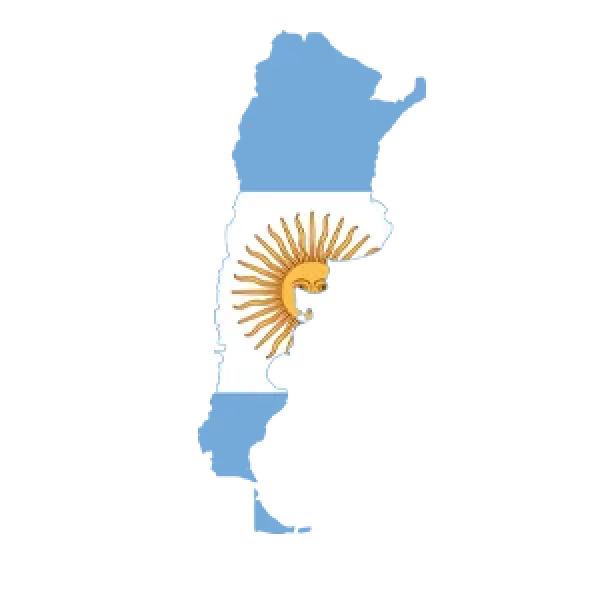
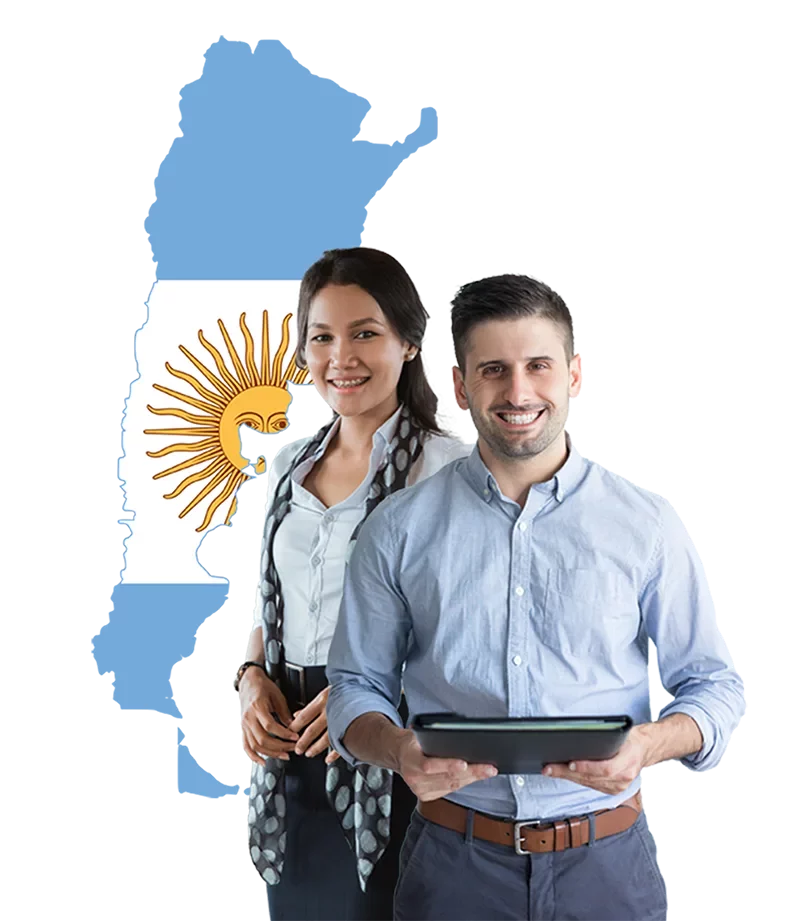
LegaMart Lawyers in Argentina
Legal Industry in Argentina
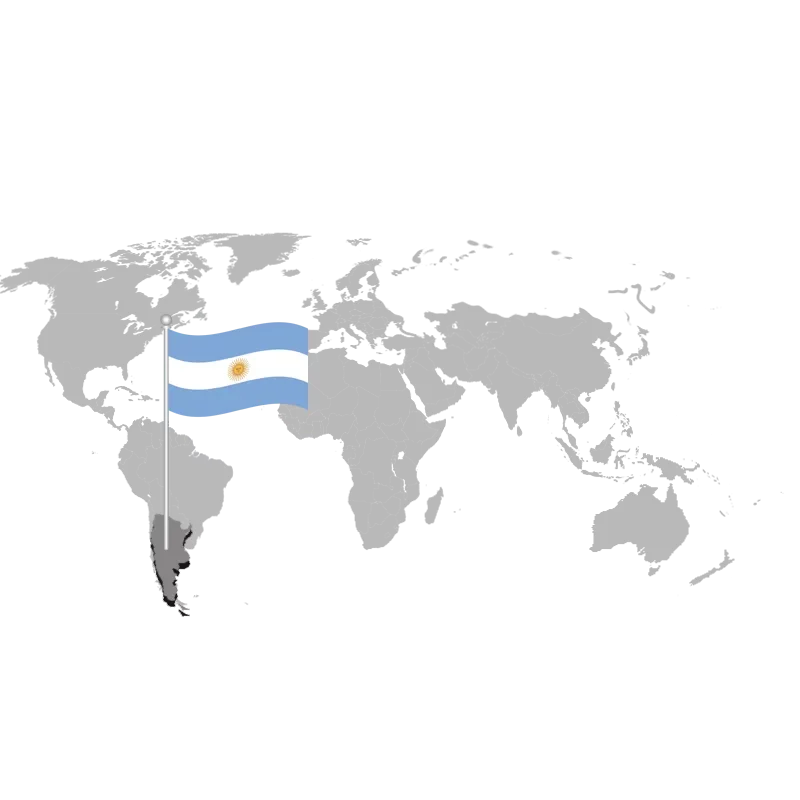
Articles about Law in Argentina
Tell us more about your problem.
Please give a brief description about what it is you need to talk to our lawyers about ?
Most common legal demands in Argentina
Legal Market Overview in Argentina
With a Gross Domestic Product (GDP) of approximately US$490 billion, Argentina is one of the largest economies in Latin America.
Argentina has vast natural resources in energy and agriculture. Within its 2.8 million square kilometers of territory, Argentina is endowed with extraordinary fertile lands, gas and lithium reserves, and has great potential for renewable energy. It is a leading food producer with large-scale agricultural and livestock industries. In addition, Argentina has significant opportunities in some manufacturing subsectors, and innovative services in high tech industries.
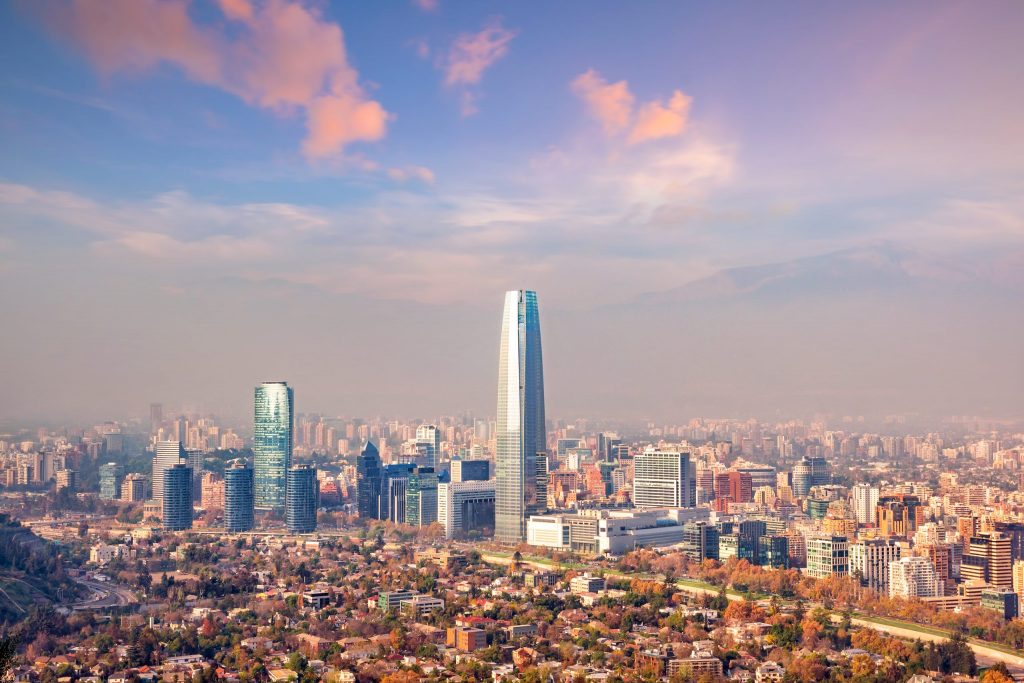

Economic activity has recovered faster than expected, with an increase of 10.4% of GDP in 2021, after a fall of 9.9% in 2020 in the context of the crisis unleashed by COVID-19. At the end of 2021, the economy was 5% above its pre-pandemic level of activity. The fiscal deficit was reduced compared to 2020, mainly because of the reduction in spending related to COVID-19 and extraordinary revenues, such as those from the tax on large fortunes, as well as higher collections from the rights of exports, in a context of rising international commodity prices. However, the fiscal deficit remains high and the monetary issue to finance the deficit contributed to accelerating the inflation rate, which as in August 2022 was 71% annual. The economy continues to show macroeconomic imbalances that limit the sustainability of economic growth.
Argentina’s general rule of law score decreased by less than 1% in 2022’s Index. At 59th place out of 140 countries and jurisdictions worldwide, South Africa’s rank deccreased by 13 in the global rank in comparison to 2019 (46).
Research shows 46% of people in the Argentina experienced a legal problem,63% of them knew where to access help and 42% resolved the problem.
The average duration of resolving the legal problem in the Argentina is 12 months and also 36% experienced a hardship.
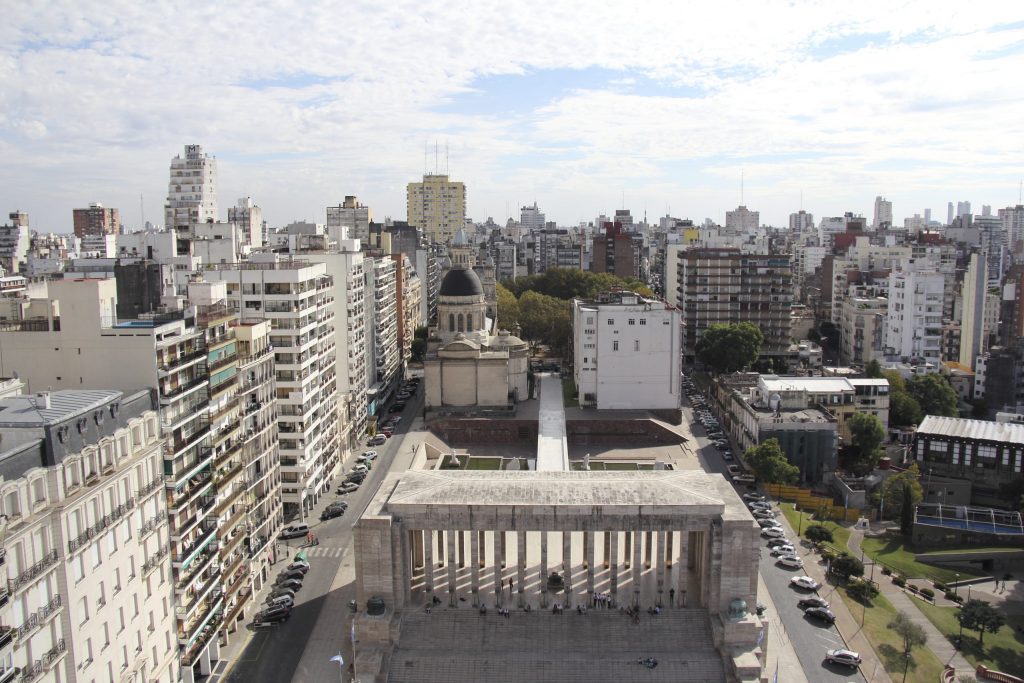

Frequently Asked Questions
Is employee monitoring legal in Argentina?
Yes. The Argentine constitution and labor laws (Argentina Employment Contract Act 20,744) allow employers to control certain employees’ activities at the workplace to achieve business objectives. That said, certain precautions must be taken to ensure that they do not infringe on employees’ dignity and privacy rights:
- Monitoring tools are required to comply with the law.
- Employers are only required to control the legally authorized activities of employees.
- Employers must have detailed policies in place regarding the monitoring and use of company property.
- Employers must notify employees of the existence of any workplace monitoring systems.
Are there taxes in Argentina?
Residents and non-residents are taxed at progressive income tax rates ranging from 5% to 35%; however, special tax rates are applicable in case of gains derived from securities (including dividends), interest, and real state property.
Do you pay property taxes in Argentina?
There is no federal real property tax or automobile duty in Argentina. Property taxes fall within the authority of the provinces. Federal property taxes are included in the wealth tax. Real estate tax is levied on the ownership of real estate properties in each jurisdiction.
Can foreigners get married in Argentina?
It is relatively simple to get married here as a foreigner; the process is the same for same-sex couples as it is for heterosexual couples. First of all, if you’re planning on getting married in Buenos Aires, congratulations!
How much does it cost to get married in Argentina?
However, you will find that the cost of many items needed for a wedding ceremony, such as catering services, flowers, accommodation, and photographers are more affordable in Argentina than in many other countries. The average cost of a wedding in Argentina is $3,700 if you have around 125 guests at the wedding.
Can tourists get married in Argentina?
Based on the new laws in Argentina now foreigners can get married as easy as natural citizens. To do this it is not necessary to have a fixed legal address in Argentina nor have a minimum of residence time. This way, tourists can get married in Buenos Aires with no special conditions and the same legal character.
How much does it cost to open a business in Argentina?
Incorporation costs in Year 1 amount to US$12,550 and annual company costs in Year 2 and thereafter amount to US$2,800. The average total fees per engagement amounts to US$34,240 including Argentina company incorporation, government fees, estimate of tax registration fees and corporate bank account.
Can you get divorced in Argentina?
Advice On Divorce In Argentina
The Argentinian Civil Code recognises that divorce petitions can be brought in the courts of the country where the couple or one of the spouses last resided.
How much does it cost to open a business in Argentina?
Incorporation costs in Year 1 amount to US$12,550 and annual company costs in Year 2 and thereafter amount to US$2,800. The average total fees per engagement amounts to US$34,240 including Argentina company incorporation, government fees, estimate of tax registration fees and corporate bank account.











